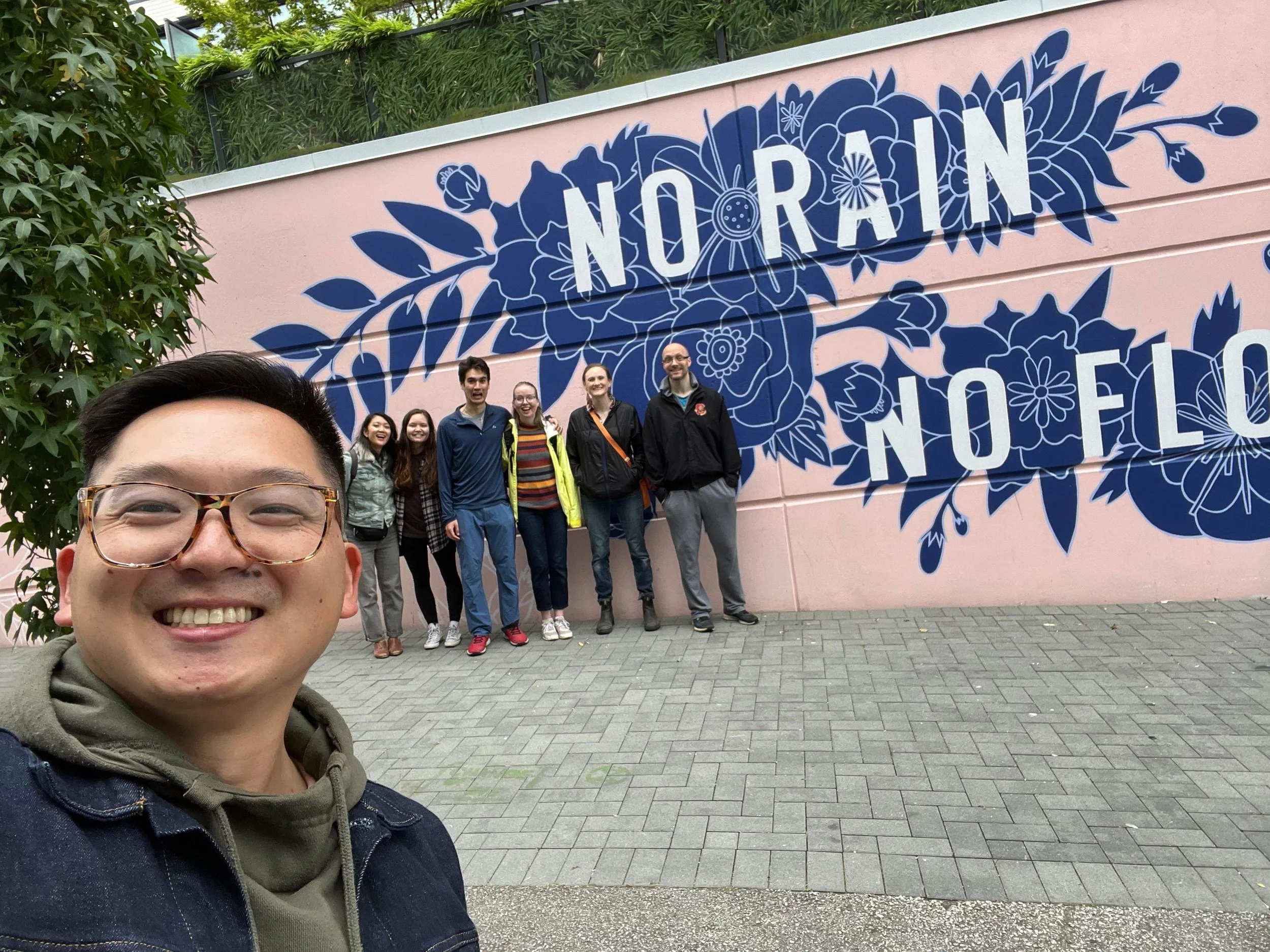Student Initiatives
Have a brilliant idea?
Students are invited to submit ideas that cultivate community inside or outside the walls of Regent! The council can support student-led initiatives across academic, co-curricular, and extra-curricular ideas that enrich the student experience. Initiatives can be recurring or a one-time event. Initiatives can include amenities, services, gatherings, events, and activities.*
Examples of past and current student initiatives
Coffee Cupping
Students got together to appreciate a variety of coffees in the atrium!
mural crawl
Former student, Daniel Du, led us through the murals of Vancouver!
coffee crawl
Apparently, we like crawls. Stephen Bell took students on a downtown coffee tour. Everyone was well caffeinated by the end of it.
Celebrating Asian Heritage Month
Students visited the Chinese Canadian Museum, gathered for a Thesis Presentation, and viewed a documentary (around yummy snacks).
run & coffee club
Join Laura Kilpatrick for weekly 5km runs (all levels welcome) starting from new locations each week. Finish off at a coffee shop.
international movie nights
Students gathered to watch a series of international movies in homes. Snacks, bevs, and good conversations guaranteed.
*Submissions must be made by an active RCSA member. It is not guaranteed that every initiative submitted will receive financial and operational support. Each submission will be reviewed by council members to ensure initiatives are feasible and enriches the communal life of Regent students.






